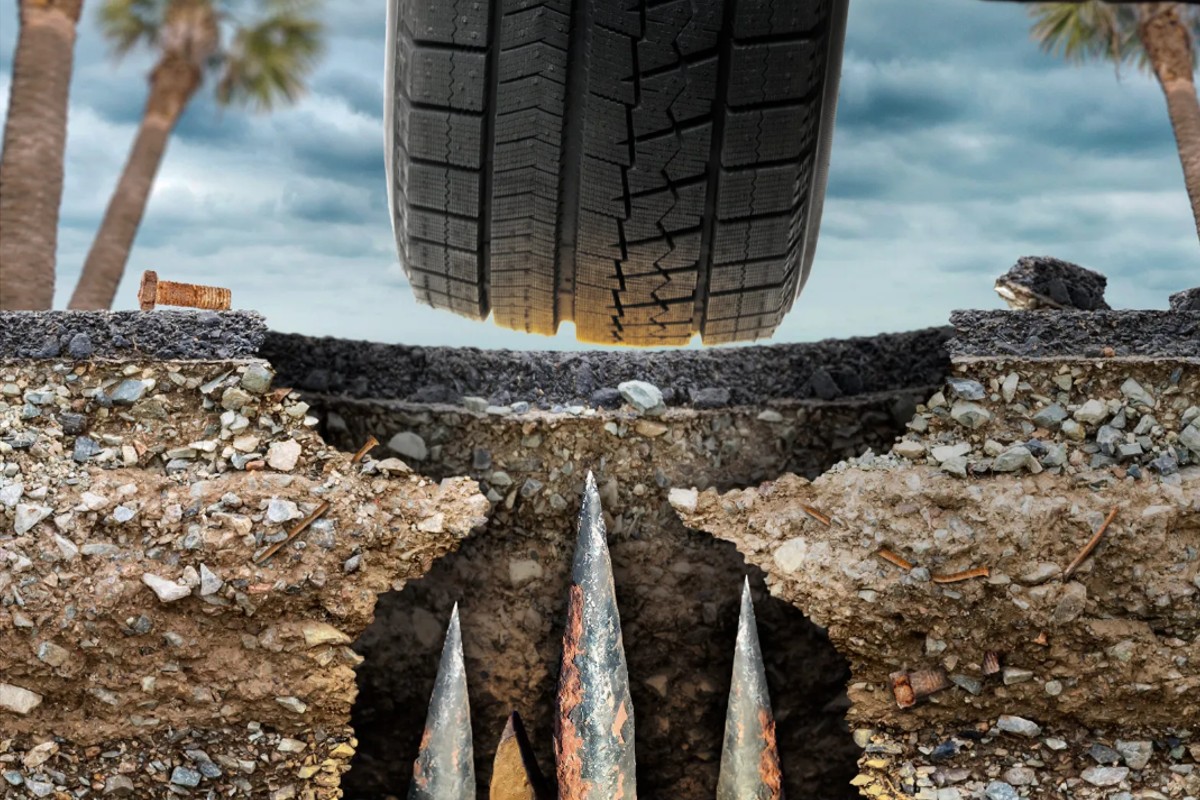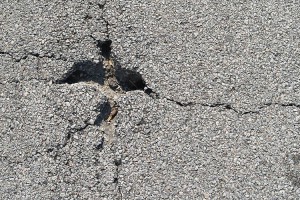
By Andy Brack | A smartphone application developed by the brainiacs at MIT puts $700,000 of power to measure road quality in your pockets. Residents who use the app and communicate its results to elected officials have, for the first time, real data to back up continuing complaints about the state’s poor roads.
The app, called “Carbin,” is available for free and provides users with a crowdsourced tool that so far has measured more than a million miles of road quality around the world. A cover story. “Our roads suck,” in this week’s Charleston City Paper outlined how the app measured about 50 county roads, including 20 in peninsular Charleston with measures that showed them to be poor quality byways. None of the county’s roads were considered good, based on the app’s data collected by the newspaper
According to the director of the Carbin project at the Massachusetts Institute of Technology, the app is just as accurate as $700,000 laser machines on vans used by departments of transportation to measure road quality.
“The error between Carbin and laser measurements of the roughness profile is less than 3%,” said professor Franz-Josef Ulm, faculty director of MIT’s Concrete Sustainability Hub. “From an academic perspective, the Carbin algorithm has been published in peer-reviewed journals, which is critical to ensure scientific value of the development. This gives us great confidence …
“But ultimately … the question is will we do something meaningful for our community: improving our roads for reducing fuel consumption, for improving the air quality, for providing mobility solutions for all.”
People agree that roads need work

More than 500 people told the City Paper how bad rods are in the Charleston area. There are few differences in other communities around the state, although Charleston’s topography – it’s a city built on a marsh – seems to cause more problems than in most places.
The plethora of potholes on state roads wreck suspensions. Some are as thrilling — and scary — as roller coasters. Nails, rocks, glass and other trash eat tires, causing Charleston drivers to spend millions of dollars more on maintenance than they should.
“Driving on deteriorated roads costs South Carolina motorists $1.7 billion a year — $439 per driver — in the form of additional repairs, accelerated vehicle depreciation, and increased fuel consumption and tire wear,” according to a 2022 report by a national group that analyzes surface transportation.
Another big reason that roads have lots of pavement problems is a perennial lack of funding as needs outpaced funding. The state didn’t raise its gas tax for almost 30 years. Currently, South Carolina is in the fourth of six-year plan to raise the tax 2 cents per gallon per year.
There’s also an interconnected hydra of funding and the huge road bureaucracy that seems to allow a lot of finger-pointing between agencies. In Charleston, for example, the city controls 53% of its streets, which are generally maintained by the county. But the state or federal government controls the rest, many of them major thoroughfares. Both pay into county coffers for repaving, refurbishing and (fancy new term) “rejuvenation” of local roads.
Another indicator of funding shortfalls: Charleston County has 4,000 lane miles of roadways. This year, the county will be able to repave 25 miles of roads at a cost of about $10 million.
- To read the full story, click here
- Have a comment? Send to: feedback@statehousereport.com
















 We Can Do Better, South Carolina!
We Can Do Better, South Carolina!